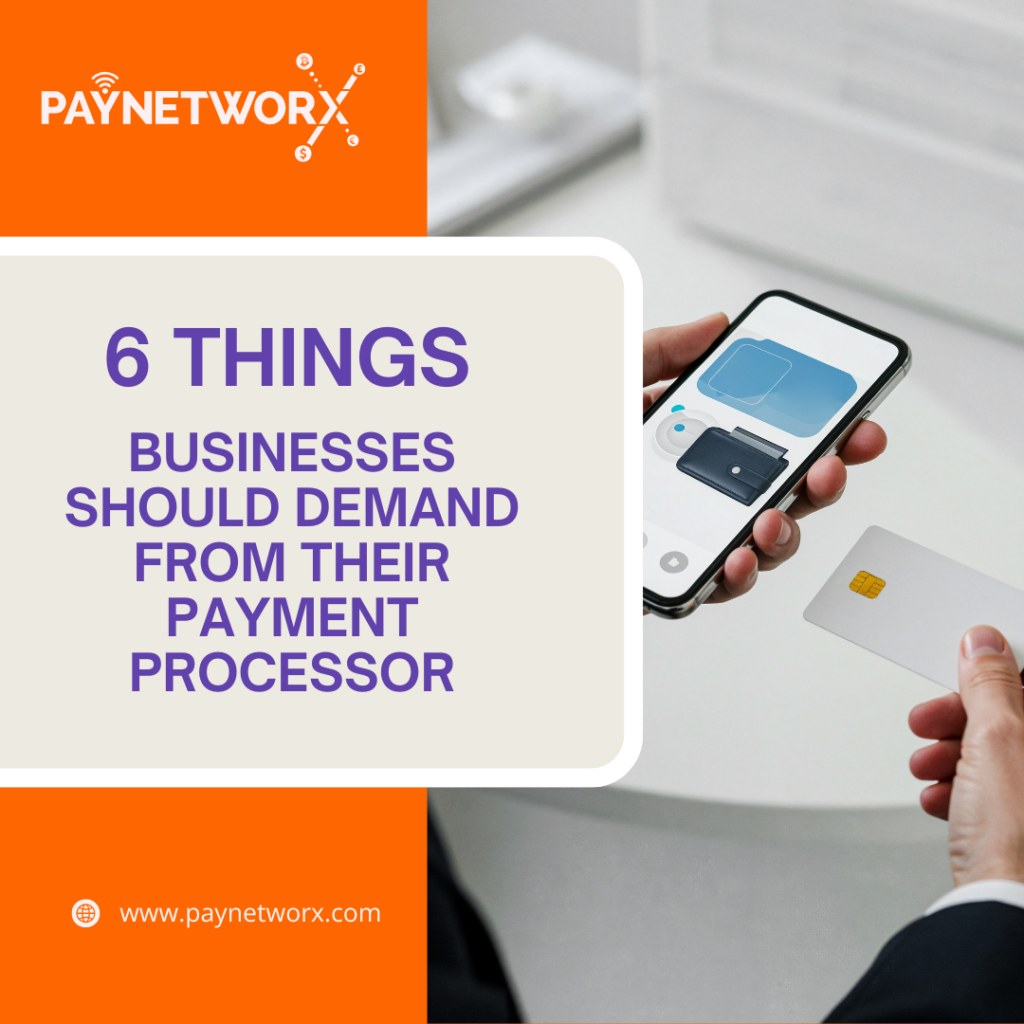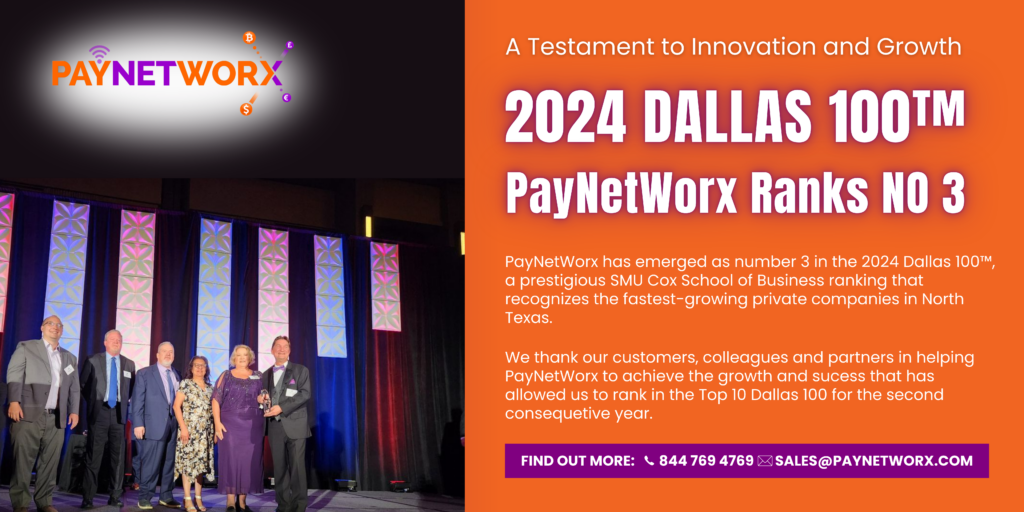As a merchant in today’s digital economy, you’re likely all too familiar with the inevitability of payment processing fees. But do you truly understand their impact on your bottom line? At PayNetWorx, we believe that knowledge is power, especially when it comes to managing your business expenses. Let’s dive into the world of processing fees and discover how you can turn this necessary cost into a strategic advantage.
The Anatomy of Processing Fees: What’s Eating Into Your Profits?
Payment processing fees might seem like a small percentage, but they can add up quickly. Here’s what typically makes up these fees:
- Interchange Fees: Set by card networks (Visa, Mastercard, etc.), these non-negotiable fees often make up the largest portion of processing costs and the money goes to the issuing bank of the card.
- Assessment Fees: Another non-negotiable fee charged by card networks, this is Visa/MC fees.
- Payment Processor Markup: This is where your payment processor makes their profit, and it’s the most negotiable part of your fees.
- Flat Fees: These can include monthly account fees, PCI compliance fees, and more.
The Real Cost: Beyond the Percentages
Let’s put this into perspective. If your business processes $100,000 in card transactions monthly with an average processing fee of 2.9% + $0.30 per transaction:
- Total Fees: $2,900 + (330 * $0.30) = $2,999 per month
- Annual Cost: $35,988
That’s a significant amount that could be reinvested in your business!
Why One Size Doesn’t Fit All
Different industries, transaction types, and even card types can affect your processing fees. For example:
- E-commerce transactions often have higher fees due to increased risk.
- Rewards credit cards typically cost more to process than standard cards.
- B2B transactions might qualify for lower interchange rates.
Understanding these nuances is crucial for optimizing your payment strategy.
Strategies to Reduce Your Processing Fees
- Negotiate with Your Processor: Armed with knowledge about your transaction types and volume, you’re in a better position to negotiate rates.
- Optimize Your Acceptance Methods: Encouraging PIN debit transactions or bank transfers can reduce fees.
- Implement Fraud Prevention Measures: Reducing chargebacks can lead to better rates over time.
- Consider Interchange-Plus Pricing: This pricing model offers more transparency and can be more cost-effective for many businesses.
The PayNetWorx Advantage: Turning Fees into Opportunities
At PayNetWorx, we don’t just process payments; we help you strategize. Our approach includes:
- Detailed Analytics: We break down your processing fees to identify optimization opportunities.
- Custom Solutions: Our team designs a payment acceptance strategy tailored to your business model and customer base.
- Continuous Optimization: As your business evolves, so does our strategy to keep your costs in check.
- Educational Resources: We keep you informed about industry changes that could impact your fees.
Take Action: Optimize Your Processing Fees Today
Ready to stop overpaying on processing fees? Here’s how to get started with PayNetWorx:
- Free Fee Analysis: Let us review your current statement and show you where you can save.
- Consultation: Our experts will walk you through your options and recommend a tailored strategy.
- Implementation: We’ll handle the transition, ensuring minimal disruption to your business.
Don’t let processing fees eat into your profits any longer. With PayNetWorx, you can turn this necessary expense into a strategic part of your business model.
Get Your Free Fee Analysis
Remember, in the competitive world of commerce, every percentage point counts. Let PayNetWorx help you keep more of your hard-earned revenue where it belongs – in your business.











